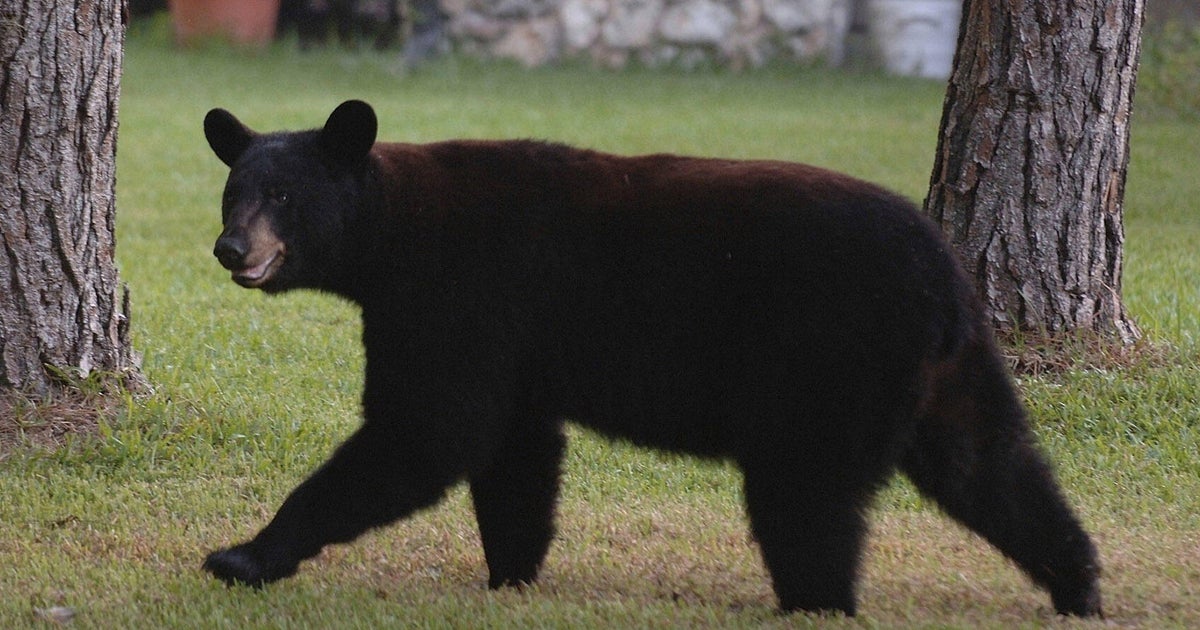Florida Man and Dog Killed in Rare Black Bear Attack
A 45-year-old Florida man and his dog were fatally mauled in a suspected black bear attack near his Collier County home on Tuesday evening, marking one of the state’s deadliest wildlife encounters in decades. Authorities discovered the victims in a wooded area bordering a residential neighborhood after responding to reports of screams and aggressive animal noises. The Florida Fish and Wildlife Conservation Commission (FWC) has launched an investigation into this unprecedented incident that has rattled local communities.
Details of the Tragic Encounter
According to preliminary reports, the victim—identified as Michael Wilcox—was walking his 80-pound mixed-breed dog around 7:30 PM when the attack occurred less than 200 yards from his Golden Gate Estates property. Neighbors reported hearing distressed barking followed by human shouts that abruptly ceased. When Wilcox failed to return home, his wife alerted authorities who located both victims with traumatic injuries consistent with bear predation.
Collier County Sheriff’s Office spokesperson Lt. Maria Ramirez stated: “This appears to be a predatory rather than defensive attack based on the scene analysis. The victims were dragged nearly 50 feet from the initial encounter site.” Wildlife officials later tracked and euthanized a 400-pound male black bear exhibiting aggressive behavior in the immediate area.
Understanding Black Bear Behavior in Florida
While black bear attacks remain exceptionally rare—accounting for fewer than 1% of human-wildlife fatalities nationwide—this incident highlights growing concerns about suburban habitat encroachment. Florida’s black bear population has rebounded from 300 individuals in the 1970s to approximately 4,000 today, with increasing sightings reported in residential areas.
Dr. Ellen Pritchard, wildlife biologist at the University of Florida, explains: “Bears typically avoid humans, but food-conditioned animals lose their natural fear. When garbage, pet food, or bird feeders become readily available, it creates dangerous patterns of behavior.” Data from FWC shows:
- Human-bear conflicts increased 78% from 2010-2020
- Only 3 fatal black bear attacks recorded in Florida since 1976
- 82% of incidents involve unsecured trash or food sources
Community Response and Safety Measures
The tragedy has sparked urgent discussions about wildlife management in rapidly developing regions. Collier County commissioners announced emergency measures including:
- Expanded bear-resistant trash can distribution
- Increased patrols by FWC officers
- Public education campaigns about coexistence strategies
Local resident Sandra Wu told reporters: “We’ve seen bears roaming our streets for years, but nobody expected this. Now we’re terrified to let our kids play outside.” Meanwhile, conservation groups emphasize that euthanizing problem bears addresses symptoms rather than root causes.
Expert Recommendations for Bear Country Residents
Wildlife professionals urge precautionary measures to prevent similar tragedies:
- Install motion-activated lighting around properties
- Keep pets leashed and supervised outdoors
- Remove outdoor food sources including bird feeders
- Carry EPA-approved bear spray during walks
- Make noise when moving through wooded areas
FWC Bear Management Program coordinator Mike Orlando cautions: “Running triggers a chase response. If encountering a bear, stand tall, wave arms slowly, and back away while speaking firmly. Never turn your back or play dead during a predatory encounter.”
The Future of Human-Bear Coexistence
This incident represents a critical juncture for Florida’s wildlife policies. While some residents demand aggressive bear population controls, conservationists advocate for smarter urban planning. Research shows that properly managed bear habitats could reduce conflicts by up to 70%.
As development continues fragmenting wildlife corridors, experts warn such tragic encounters may increase without systemic changes. The FWC plans to review its Bear Wise community program and consider additional measures following the investigation’s conclusion.
For now, the Collier County community mourns while grappling with difficult questions about balancing public safety with ecological preservation. Residents are encouraged to report bear sightings through the FWC’s Wildlife Alert Hotline and attend upcoming community safety workshops.
See more CNN Headline


